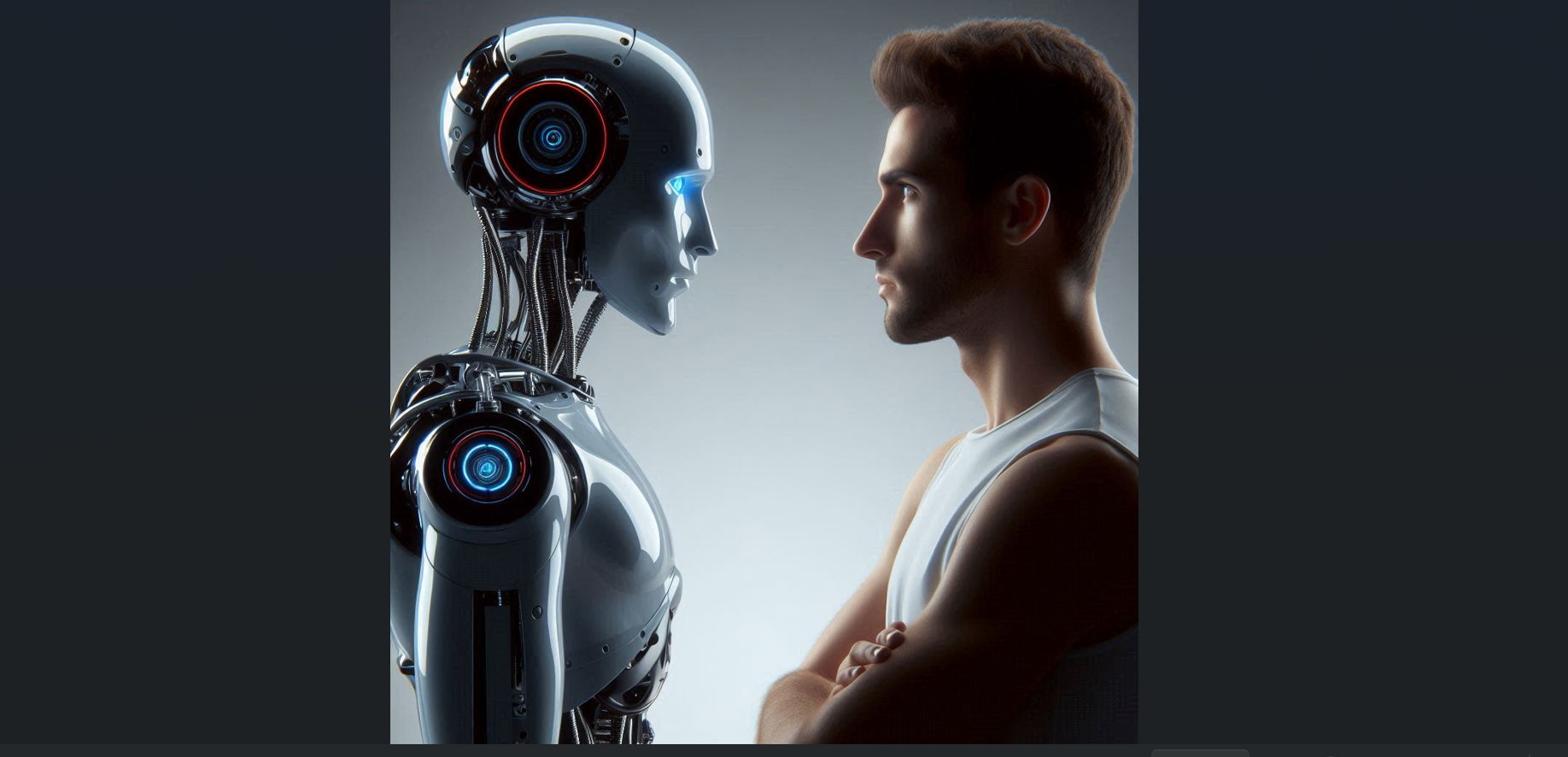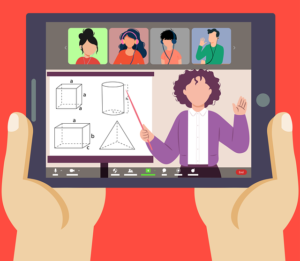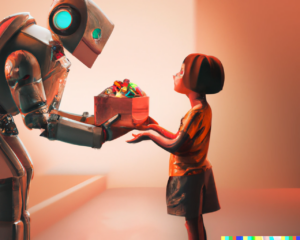As AI, especially Gen AI, rushes ahead in progress, we can’t help but note that it is industry transforming, life changing, tedium disrupting, etc. AI has proven to be good at so many things that it’s causing job losses. But at the same time, it’s also easing things for many, helping save time and effort, while being accurate.
Still, it hasn’t mastered everything that human beings can do. AI is still ‘machine’ learning, which means it sometimes misses the context and thus messes up even basic things.
Read more:
The Tech Panda takes a look at this unsaid competition between humans and AI. Is AI becoming better than humans at everything? Will work done by humans become low quality in the future?
AI is still ‘machine’ learning, which means it sometimes misses the context and thus messes up even basic things
It’s not that simple. Let’s look at how humans and AI are faring in comparison to each other.
Advantage AI
Remember when prompt engineering became a high paying job? Now AI can do prompt engineering better than humans.
The health and medical field is probably witnessing the most advantage when it comes to AI prowess. A Swiss company developed the world’s first real-time AI sound processing chip for its latest hearing aid, using 22 million sound samples in training.
Also, researchers are working on developing an AI based tool that can help surrogates predict what end-of-life patients would want when the crucial time comes. End-of-life decisions can be extremely upsetting for surrogates tasked with making calls on behalf of another person, says David Wendler, a bioethicist at the US National Institutes of Health.
What AI is selling is efficiency. But what humans have is context, something AI hasn’t been able to learn yet. AI is yet to read the room
Then there is the comfort factor that AI can provide in strange situations. For example, at South Korean cosmetics giant AmorePacific’s AI beauty lab, robots custom mix products and the latest technology recommends the most suitable lipstick colors. And customers are loving it.
“Knowing more data about my own skin, and seeing the before-and-after firsthand, is a very good experience,” Kwon You-jin, a 32-year-old customer at the firm’s bespoke skin cosmetics service told Fast Company.
Hotels have been investing in sleep tourism where AI-assisted beds, hypnotherapists and unique accommodations cater to the rising demand for restful travel.
AI can certainly work fast and efficiently in weather prediction and disaster scenarios, predicting weather patterns with speed and accuracy, accomplishing in minutes and seconds what used to take hours. For example, DeepMind’s GraphCast outperformed traditional models, predicting Hurricane Beryl’s landfall in Texas.
AI is also entering areas that have to do with human feelings, something we would have kept away from machines in the recent past. For example, researchers at the University of Würzburg in Germany found that an AI system was substantially better at detecting lies than humans. While humans usually only get it right about 50% of the time, an AI spotted a false statement in 67% of cases.
Recently, NYC-based Hume AI raised US$50 million to develop an Empathic Voice Interface, an AI that can detect 53 human emotions.
AI models are also outperforming humans in tests that spot mental states. This means even though LLMs don’t have a theory of mind akin to humans, they’re getting better at tasks designed to measure it in humans. Researchers in the Netherlands even built an AI-driven sarcasm detector that can spot sass.
And while AI has given the porn industry a lot of advantage with ease to create life-like fake videos that have targeted celebrities, there is an example of an AI noble deed. According to Wired, for the last two years, an AI chatbot has been directing people searching for child sexual abuse material on Pornhub in the UK to seek help. The number of times this happened, 4.4 million times, is such a shocking number that humans start to look really bad and AI might be winning this competition.
But what about the other side? Can we truly depend on AI yet?
Advantage Human
In August, NBCUniversal tried on AI for its Olympics broadcast, re-creating the voice of a legendary sportscaster Al Michaels. However, it didn’t quite work out. As Reuters quoted one executive, “In every part of their (demos), it feels like yes, you’ve translated the words correctly, but you haven’t translated or narrated the feeling.”
These kinds of stories are rampant. It feels a lot like AI has learnt to cook but can’t get the flavours right.
It feels a lot like AI has learnt to cook but can’t get the flavours right
As Noam Brown, a researcher at OpenAI tweeted on X, “Frontier models like GPT-4o (and now Claude 3.5 Sonnet) may be at the level of a smart high schooler in some respects, but they still struggle on basic tasks like tic-tac-toe.” Fast food is an industry that really looked forward to AI replacing human workers when it came to taking orders. The goal, cost cutting. But two months ago, burger giant McDonald’s took off its AI chatbot when viral videos of erroneous orders flooded social media.
Some jobs seem to be ideal for an AI to excel at, like being a police sketch artist. However, a human police sketch artist, who has helped identify over 1,300 suspects in her career says AI can’t touch her work, because it can’t capture the essence of effective composite sketches. Lois Gibson told The Guardian she believed accurate sketches rely on interpretation that only human artists are capable of producing.
This doesn’t mean that users will become disloyal to the Gen AI they’ve gotten comfortable with. In fact, studies find that human loyalty remains consistent regardless of the encounter with AI failure. But fears that AI will replace human leaders like CEOs completely aren’t coming true any time soon. Maybe where it matters, humans are still ahead.
Read more:
Maybe an ideal scenario is where human and AI work together. For instance, three months back, Ukraine created an AI spokesperson called Victoria Shi, whose physical representation was completely AI but the words she spoke were human.
What AI is selling is efficiency. But what humans have is context, something AI hasn’t been able to learn yet. AI is yet to read the room.












